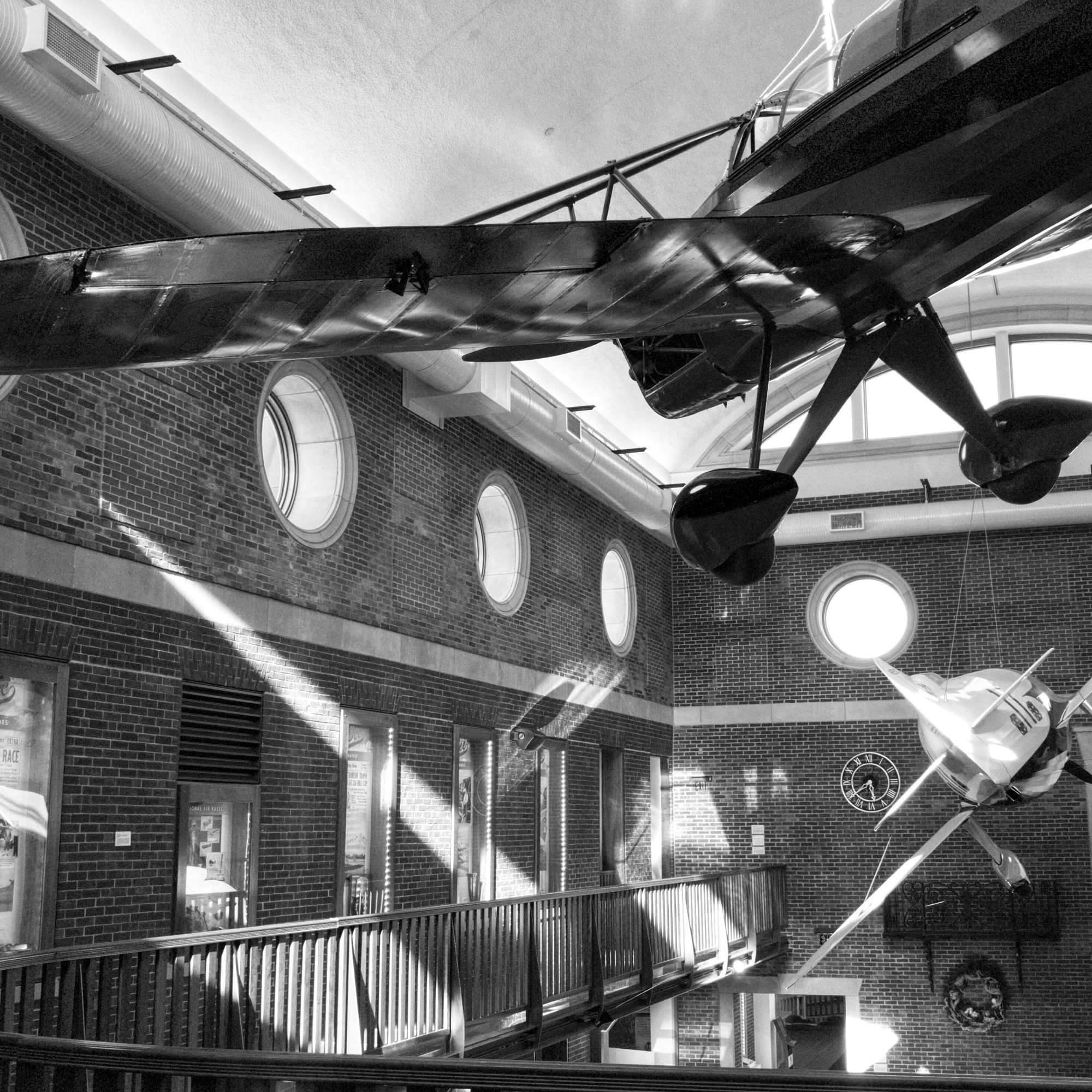Imagine you’re strolling down a bustling city street, your camera swaying to the rhythm of your steps. You spot a kid joyously chasing pigeons in a fervor of laughter and excitement. Who could resist capturing such pure, spontaneous energy? You raise your camera and…
Wait, have you thought about consent? Sure, it’s a public space, but should that change anything? Well, folks, welcome to the complex world of photography consent. A recent study startlingly reveals that 84% of people feel uncomfortable being photographed by a stranger without consent.
Avoiding the Unintentional Paparazzi Syndrome
We’ve all been there. Spotting an amazing frame, and clicking without thinking. It’s like an automatic reflex, chalked up to enthusiasm or the fear of missing a moment. That, my dear readers, is what I call the ‘Unintentional Paparazzi Syndrome’.
“But this is street photography!” you might argue, and true, there is a certain liberation in capturing life as it unfolds. Yet, as we evolve into a more conscious, respectful society, it is essential we rethink about our approaches. Remember, every shot should be a blend of creative vision and ethical responsibility. And that is where our discussion about ‘consent in photography’ becomes crucial.
Take a cue from inclusive photography. Respect for your subject’s autonomy should reign supreme.
Consent in photography – A New Definition
Consent, in most simple terms, is ‘permission’. But when it comes to photography, I’d say it’s more of an understanding, respect, and acknowledgement of a person’s feelings and privacy rights.
Remember that lady wearing a vibrant red scarf you photographed last summer? Sure, she was in a public place, but did you ever consider her comfort? Perhaps she didn’t mind, but there’s also a chance that she did. In this digital age where an image can go viral in seconds, it’s our duty as photographers to be mindful of the potential implications. This is the ethical side of photography that isn’t often talked about enough.
How about taking it a step further? Imagine a future where we incorporate consent as an essential part of our photographic routine. Instead of practicing discretion, we openly discuss our intentions. A world where a simple ‘May I?’ could lead to more honest, meaningful shots. Quite a revolution, isn’t it?
The Benefits of Consent in Photography
The shift towards a consent-based photography culture might look like a daunting task, but believe me, the rewards far outweigh the efforts. Locking eyes and exchanging smiles or words with your subject can forge an instant connection, adding depth to your frames. Imagine the elderly man at the park bench, allowing you through his expressions to narrate a story of a lifetime, or the young graffiti artist proudly posing in front of her colorful creation. These are the moments where consent shines through and separates mere pictures from meaningful stories.
In essence, the conscious evolves! And so does photography. As photographers, let’s set the bar high, not just for the quality of our work, but also for the level of reverence we hold for our subjects. This combination of creative and ethical consciousness could well be the harbinger of a new era in photography.
So, the next time you’re out in the world, camera in hand, pause and ponder: To click or to seek permission – which will define your photography journey?


0 Comment